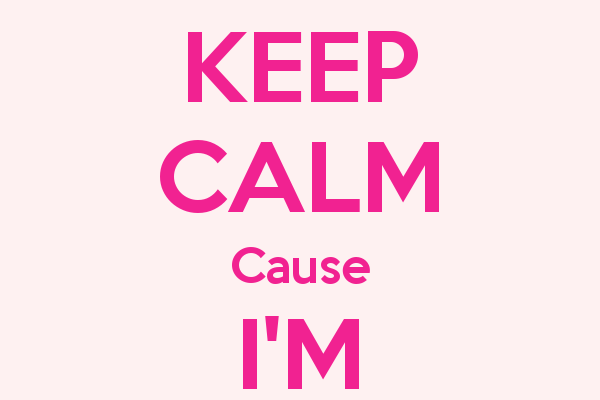I hate tipping.
From the math to the money it gets under my skin. A check for $60 comes to the table and I’m not paying $60, I’m paying at least $72.

It’s a taboo to hate tipping in the US, and some readers may already be hissing: waiters work hard, bartenders put up with drunks, these people earn their tips!
I agree that waiters work grueling shifts, and we’ve all seen bartenders grow multiple arms to keep up with drink orders. I am not denying hard work, but rather my hatred of tips stems from the view that 1) long shifts and drunken customers are part of the job description (you don’t tip a nurse for putting up with ornery and drugged patients) and 2) a tip is no longer earned, but expected.
Let’s back up to better draw the line between the words “earn” and “expect”. By definition a tip – aka gratuity – as it applies to the service industry is:
“a gift of money, over and above payment due for service; something given without claim or demand.” -via dictionary.com
So if we as customers are expected to tip, doesn’t that go against the very definition? And if servers are not justly paid for their work, leaving them instead to depend on “a gift of money over and above payment,” doesn’t this go against the idea of a gift?
I suppose my point is best illustrated by framing the question, should we tip? In a fundamentally different way: is tipping insulting?
I think so, and I’ll tell you why.
Servers are not getting paid fairly for clearly demanding work. Rather, they are expected to rely on a judgment system to make a living. Seems a little servile and antiquated, doesn’t it? “More lemonade, sir?”
A common argument for the tip system is incentive: the better the service, the better the tip, thus customer and server both win.
Not so. A recent study from researchers at Cornell illustrates that customers don’t vary their tipping according to service rendered, but rather if a 20% tip is a customer’s normal tipping rate, then that’s what they leave, regardless of exemplary service.
No one wins.
If a tip is 1) expected and 2) given regardless of quality of service, then that my friends, is no longer a tip, it’s a fee.
So I pose this: why not just charge a service fee?

via WeKnowMemes
In this way, servers who work long hours could instead be paid a living, hourly wage complete with benefits, and not suffer the roller coaster of slow nights (or weeks) and capricious customers. While this may cut into the extreme highs of a busy night, in the end, it comes out as better for the server. Not to mention the customer wouldn’t have to do math on a full stomach.
And hey, if a customer really likes their server, and he or she does an over and above job, why not leave them a “gift of money over and above payment due for service”?
What a novel idea…
But who cares what I think, what do you all think? Let us know in the poll below.
By Marc Mahoney




Stephanie
As someone who has worked in multiple restaurants (as a hostess, not a server), there’s much more of a reason to tip than simply not breaking the “taboo.” When a server works, the computer system keeps track of their total sales. The government then assumes that servers are making at least 12% of that total sale amount in tips. That is then reported to the government as income, and they’re taxed on it. I can tell you that most people don’t tip 20%. I’ve heard it all, from “I don’t tip because I don’t believe in it” to “I tip a flat $3 regardless of the bill.” So yes, a tip is required, because when you don’t, or you tip less than 12%, essentially the server just paid for the privilege of serving you. Not to mention that from those tips, they then have to give a percentage to the bar, a percentage to the bussers, a percentage to the runners. That tip is not pure profit by any means. Would a flat service fee be a better system? Most likely. But I do think paying servers (and bartenders, and bussers) more of a living wage rather than relying on strangers to determine you worthy of their money an equally viable solution.